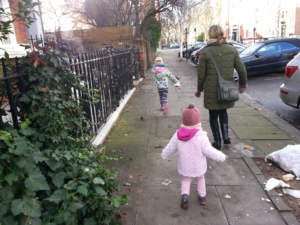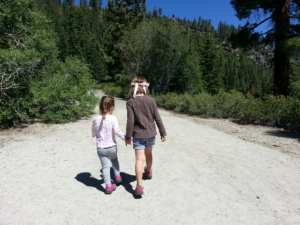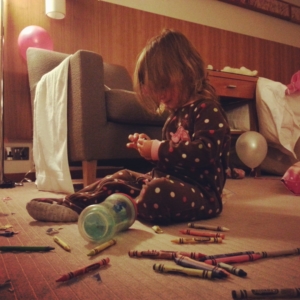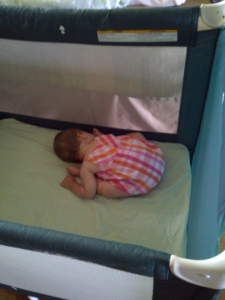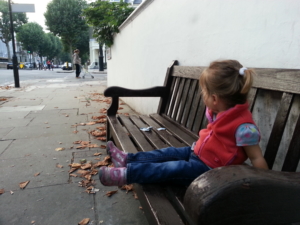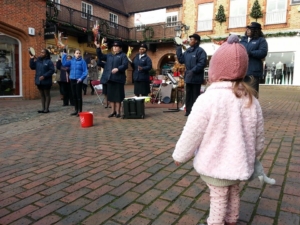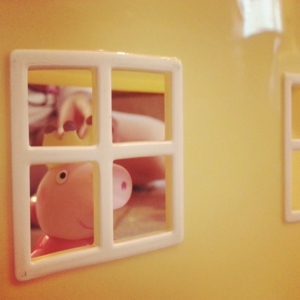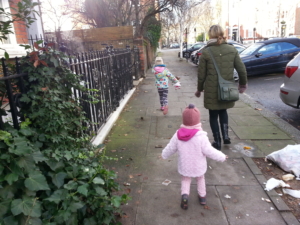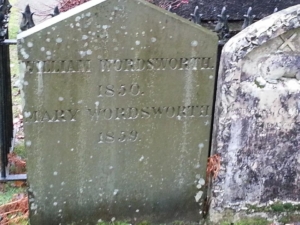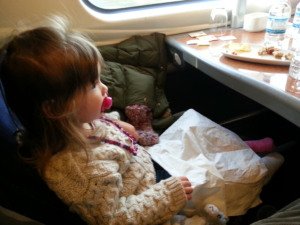How family travel can save the world
“Your scarf is so pretty and sparkly. Are you a princess?”
With these words, spoken on a bus in London back in 2013, my oldest daughter made a Muslim friend. It didn’t matter that the woman was in her 20s. It didn’t matter that it was rush hour and the bus was packed. It didn’t even matter that nobody else on the bus was talking. For L, who was an intense and precocious 4 at the time, the purple hijab bedazzled with rhinestones and tiny little mirror beads was EVERYTHING in the world.
Over the course of our short ride, my daughter peppered the new friend to her left with questions about the garment. Was it soft? Was it warm? Where did you get it? Do you wear it to bed?
The woman, sweet and kind and patient beyond belief, answered every question quietly, with a smile.
I watched quietly from my seat to L’s right, trying my hardest not to intervene. Every now and again I stroked my daughter’s knee, just to let her know I was sitting next to her, just to let her know I loved her.
Then came the question I was afraid she’d ask: Why are you wearing it?
I don’t know why I was so scared she’d ask this—after all, it’s a perfectly logical question, especially when you’re 4 and you’ve gotten answers to some of the other queries on your mind. I guess maybe I was concerned that my kid wasn’t ready to talk religion, wasn’t ready to think about other Gods and Jesus and the differences between them. Maybe I was scared her question might offend the new friend.
But it didn’t. In fact, it had the opposite effect. The young woman lit up, explaining on a very high level about her beliefs, the rules of her faith, and her commitment to upholding those rules. L listened closely, nodding and staring at the garment and smiling. She processed the woman’s response. Then she spoke.
“I think it’s really neat that you get to wear something so pretty because of what you believe,” she said. “You might not be a princess, but you look like one to me.”
This moment has stuck with me as one of the most vibrant memories of the five months we spent in London that year, one of the most vivid experiences of my life as a parent. I’ve thought of writing about it frequently, but never have thought the time was right. Today, however, as I’ve struggled to make sense of the prejudice-driven shootings and killings that have wracked our society here in the United States, I have found myself thinking of that interaction, over and over and over again.
What stands out to me about the exchange is how uncomplicated it was. There were no preconceived notions, no stereotypes, and no bigotry. Just innocent curiosity on the part of my kid. And kindness, compassion, and patience on the part of her friend.
I can’t help but think about how much we all could benefit from this approach, about how much easier it would be to coexist peacefully with foreign people and foreign cultures if we saw these “others” with a similar sense of wonder. Don’t understand differences? Ask about them and listen to the response. Don’t agree with an outside perspective? Respect it nevertheless. These concepts weren’t difficult for a 4-year-old. They shouldn’t be difficult for the rest of us.
Family travel has taught me heaps about myself, about fatherhood, and about the bonuses of slowing down to experience the world at a child’s pace. That day in London, during our bus ride with the princess in the sparkly hijab, traveling with my oldest daughter reminded me of something much more important: Above all else, the secret to knowing the unknown is, quite simply, an open mind.


